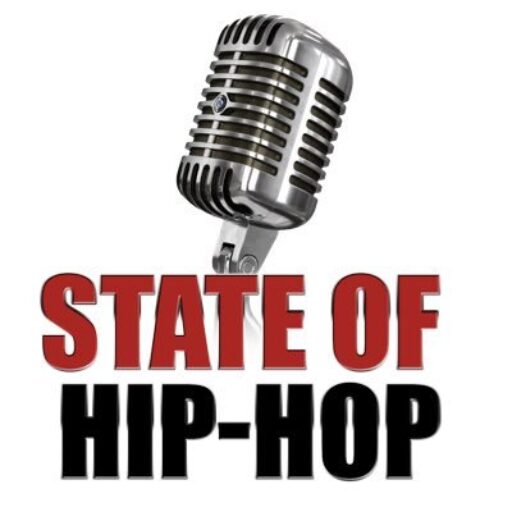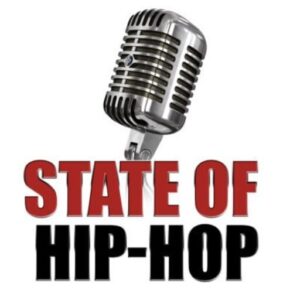President Jimmy Carter is being mourned by a grateful nation after he died on December 29. Carter set an example of civic duty and civility that was appreciated by many. He championed the less fortunate through legislation, activism, and rhetoric aimed to uplift and inspire. Carter supported healthcare, education, and human rights during his time as the 39th President of the United States and following the conclusion of his term as a private citizen.
Thanks to an executive order from President Joe Biden, there will be a national day of mourning on January 9, 2025, to honor Carter’s legacy.
Here are some of the ways that Carter left a mark on the nation.
Carter Fought Houselessness
Jimmy Carter dedicated a large chunk of his personal time and unique capital to championing the need for everyone to have a safe home, no matter their financial situation. After his death, memes detailing Carter’s dedication to helping build homes with Habitat for Humanity flooded social media.
Habitat for Humanity issued a statement recognizing the great contributions Carter and former First Lady Rosalynn Carter made to their organization over the past thirty years.
“Together, they’ve worked alongside over 108,100 volunteers who have built, renovated or repaired more than 4,447 homes in 14 countries, all while raising awareness of the critical need for affordable housing,” wrote The Jimmy & Rosalynn Carter Work Project Team from Habitat for Humanity.
Being unable to secure stable housing can place one’s physical and mental health at risk. “People experiencing homelessness are at increased risk for infectious and non-infectious diseases. Homelessness is known to increase the risk for infectious diseases such as Viral Hepatitis (especially Hepatitis C), Tuberculosis (TB), Human Immunodeficiency Virus (HIV), and Coronavirus Disease 2019 (COVID-19),” according to the U.S. Centers for Disease Control (CDC). These are not the only risks accompanying the lack of a stable home; the CDC states that “People experiencing homelessness also commonly face mental illness, alcohol and substance use disorder, diabetes, and heart and lung disease.”
Carter Supported HBCUs
If you have a Black doctor or lawyer you turn to for aid, you might want to thank Carter. The Advisory Council On Historic Preservation reported that “On August 8, 1980, President Jimmy Carter signed Executive Order 12232, (EO) which directed the Secretary of Education to implement a Federal initiative designed to achieve a significant increase in the participation by historically Black colleges and universities in Federally sponsored programs.” The initiative aimed “to identify, reduce, and eliminate barriers which may have unfairly resulted in reduced participation in, and reduced benefits from, federally sponsored programs.”
The White House reports, “Seventy percent of Black doctors in our country attended an HBCU, and 80 percent of Black judges are alumni of these schools,” making cultivating intentional support of HBCUs even more impactful.
Carter Fought Rare Disease
Following his presidency, Carter and Roslyn worked together to fight and prevent rare diseases at The Carter Center, a non-profit they founded in partnership with Emory University, a respected educational institution in their home state of Georgia. According to their website, the center is designed to concentrate on “a fundamental commitment to human rights and the alleviation of human suffering.”
Some of the global health conditions that the center attempted to prevent and treat through their efforts include “Guinea worm, river blindness, trachoma, schistosomiasis, lymphatic filariasis, and malaria in Hispaniola.”
The New York Times characterized Carter’s global health as “quiet but monumental.”
Carter Supported Healthcare Accessibility
A 2017 article in Missouri Medicine states, “Primary care physicians in rural areas often do not have the support of sub-specialists, hospitalists, or emergency physicians, and thus treat a wider range of conditions with limited access to sophisticated technology.” People deserve access to the health care they need, whether they live in a large city or a small town.
Carter, a Georgia native, focused on increasing access to healthcare in rural areas during his administration. He supported the Rural Health Initiative in 1975. This initiative began by providing the resources for 47 new health centers. According to The U.S. Department of Health & Human Services’ Health Resources & Services Administration, “By the next year, it had grown to 138 projects. With support from the Carter Administration, there were 262 projects in 1977 and 356 in 1978.”
Kyu Rhee, MD, MPP, President and CEO of NACHC, commented on how Carter championed healthcare access in rural communities in a statement. “President Carter’s legacy is deeply intertwined with the Community Health Center (CHC) Movement, exemplified by his warm welcome of health center advocates to the White House,” said Rhee.
“His visionary leadership and profound understanding of primary care’s importance laid the initial groundwork for building access to rural CHCs, which today serve nearly 10 million rural Americans—one in five rural residents—across 6,500 locations. Carter’s early recognition of CHCs’ vital role in community health and wellness helped establish them as cornerstone institutions in rural health delivery.”
Carter, the first former President to celebrate their 100th birthday on October 1, 2024, has given a blueprint to be a service to others.
The post President Jimmy Carter, A Humanitarian & Advocate appeared first on Black Health Matters!.


